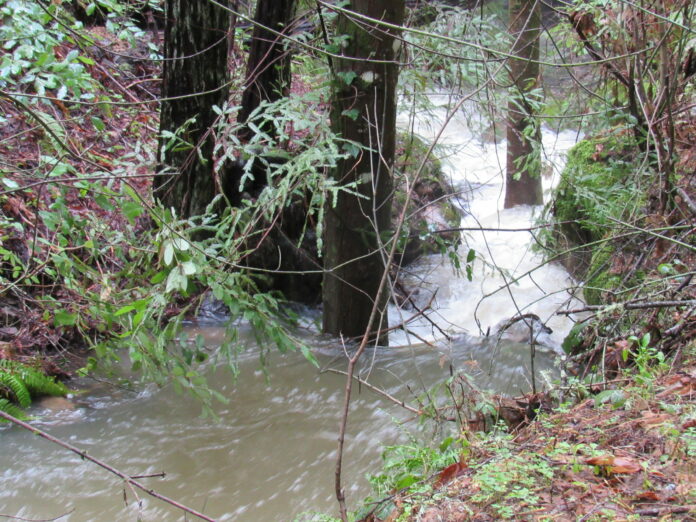The San Lorenzo Valley Water District on Wednesday refused to release a letter that it had cited Monday as the reason it decided to pay ex-director Terry Vierra’s legal bills for two years.
In an email to the Press Banner, Gene Ratcliffe, president of the district’s board of directors, said, “The board has been advised by counsel that the letter you’ve requested is subject to attorney-client privilege and should not be released publicly at this time.”
On Monday, she described the document as a letter from Vierra to the water district board. She did not mention attorneys. The Press Banner sent its first request for the letter Monday evening.
“A letter from an ex-director addressed to anyone in the district, including its legal counsel, would not be privileged, “ said Terry Francke, a lawyer and recognized expert in open meetings and public records law in California.
“I can tell you with 100 percent clarity, the letter is very straightforward with regard to the request for the district to support Mr. Vierra’s defense and contains no other statements, questions or opinions,” Ratcliffe said in the email.
She declined to say when the Vierra letter was written, who signed it, to whom it was addressed, or who actually received it.
Ratcliffe also did not say whether the full board ever actually saw the letter on which it based its decision to pay for Terry Vierra’s legal defense, or who is currently in possession of it.
She also declined to say whether the board has taken a vote to withhold the letter from the public.
“They are covering up the answer to the ‘Why?’ – and that’s not going to fly,” was the response of one of the leaders of San Lorenzo Valley Watchdogs, Mark Messimer, when told of the board’s refusal to release the letter. The Watchdogs group has waged a social media campaign against the board’s actions defending Vierra’s actions violating state confict-of-interest laws.
The 1968 California Public Records Act, added to the California Constitution in 2014, states that “the people have the right of access to information concerning the conduct of the people’s business.”
The California Supreme Court in 1986 said: “Implicit in a democratic process is the notion that government should be accountable for its actions. In order to verify accountability, individuals must have access to government files. Such access permits checks against the arbitrary exercise of official power and secrecy in the political process.”
In accordance with this policy, public records are broadly defined to include “any writing containing information relating to the conduct of a public’s business prepared, owned, used or retained by any state or local agency regardless of physical form or characteristic.”
The California Attorney General, has further stated that: “This definition is intended to cover every conceivable kind of record that is involved in the governmental process and will pertain to any new form of record-keeping instrument as it is developed. Only purely personal information unrelated to ‘the conduct of the public’s business’ could be considered exempt from this definition.
One allowed exemption would be “attorney-client privilege” if the document involved communications by public officials or a public body with a lawyer about ongoing or pending litigation. There is no current litigation or pending litigation between Vierra and the water district. Ratcliffe said the letter in question was a communication from Vierra to the boa













